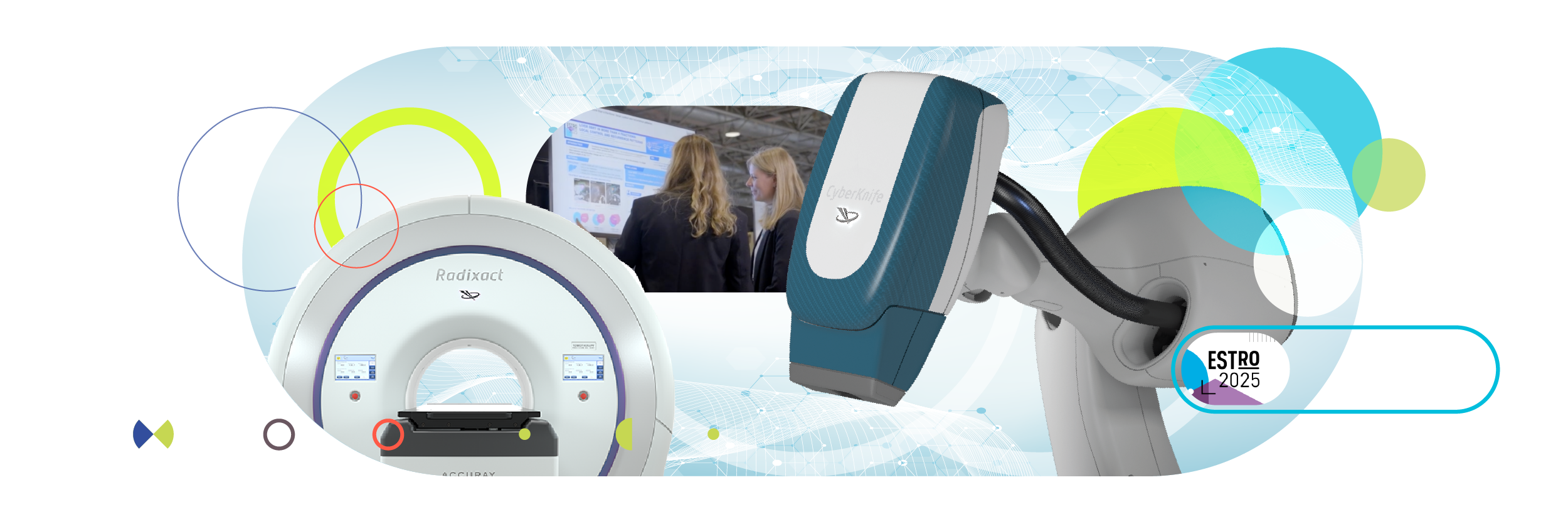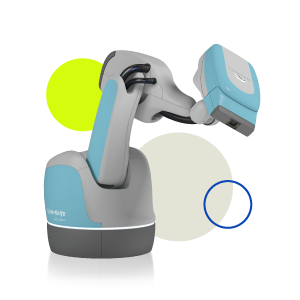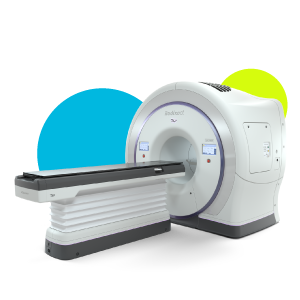The consumerization of healthcare has remained a top concern in healthcare trends for the better part of the last two decades for patients. Increasingly informed and empowered patients have progressively changed the way healthcare providers attract patients, consult on care, and deliver treatments. Not only this but healthcare providers need to ensure they keep and attract an adequate radiotherapy workforce to deliver the highly precise radiation therapy treatments that they are offering. But like countless trends in our world, the consumerization of healthcare was dramatically altered by the pandemic
So, what does that mean for the field of radiation oncology? Enhancements in radiation therapy treatments and technologies have given patients more options than ever for effectively treating various cancerous and non-cancerous tumors. As patients become increasingly aware of these options, they are naturally taking a more active role in selection. Moreover, they are not just shopping for their treatment options they are shopping for treatment providers.
Here are six ways that the last few years have notably shifted the course of the healthcare environment:
1. Radiotherapy clinics need to recapture patient volume
During the COVID-19 pandemic, patient volume dropped precipitously from the suspension of many medical services worldwide. Delays and deferrals were seen in oncologic surgery, systemic therapy, and radiotherapy, including hospital visits. Oncology screening programs declined dangerously, and healthcare centers faced the difficult decision to delay surveillance programs in people classed as low risk. On top of this, healthcare centers faced the additional burden of staff illnesses which impacted the availability of a multitude of services.
These reductions in services have been associated with the possibility of delayed cancer diagnosis, and an increased chance that patients whose cancer may have been diagnosed as low stage are now at a more advanced stage. One way that radiotherapy providers were able to increase their patient volume without compromising the quality of care was to introduce more hypofractionated regimes. This allowed patients to experience a high-quality treatment over a shorter period. The reduction in treatment sessions enabled more patients to be treated. However, the prediction that more patients will be diagnosed at an advanced stage could be associated with a further increased workload for healthcare providers as patients may experience an increased cancer burden.
As patient volume began to return in the wake of increasing COVID-19 vaccination, radiotherapy clinics were hit with the same staffing shortages that have plagued the healthcare industry. Burnout, turnover, and higher absenteeism due to COVID-19 waves held many clinics back from treating their full volume of patients. As a result, many radiotherapy clinics are not only trying to re-establish their patient volume but also their staffing volume.
2. Loyalty needs to be earned
Even as patient demand for radiotherapy care returns to pre-pandemic levels, clinics cannot rely on patients returning to their previous habits and loyalties. People moved, retired, changed jobs (and health insurers), and made other large life changes over the last two transformative years. Studies also showed consumer loyalty — which was already on the decline — dropped sharply as people explored new options that better fit their altered routines.
Patient loyalty is available in a very significant way — and that represents both a threat and an opportunity for radiotherapy clinics. Those unprepared or unwilling to re-establish reputations and re-earn patient trust will fall behind, while those that go after this opportunity can easily capture a significant new share of patients.
3. Patients are less patient
Even before the pandemic, patients were increasingly “Amazon Primed” to expect hyper-personalized, hyper-relevant, hyper-convenient experiences. A 2019 report found more than 75% of healthcare consumers said they expected the same level of service and value in healthcare as they receive from other businesses.
This Amazon Prime-ing was magnified by the pandemic. People rapidly adopted and increased utilization of digital services, getting anything they needed delivered to their doorstep with the click of a button. This coincided with the transformative surge in telemedicine and virtual healthcare delivery out of necessity — and experts say high utilization of telemedicine is here to stay.
This has all significantly reshaped what patients see as necessary, acceptable or tolerable in terms of seeking out and receiving healthcare. They’re less willing to wait — whether we’re talking about scheduling treatments or waiting at a clinic. They’re less willing to tolerate inconveniences, frustrations and delays in the course of treatment. And going back to the previous point, with loyalty declining and patients less attached to providers, any of these friction points can much more easily send them looking for a new option.
4. Patients want to understand treatment on their terms
Despite struggles with misinformation and disinformation throughout the pandemic, overall health awareness and health literacy continues climbing. The typical patient today is more motivated and empowered to seek out information about their options — and wants to play an active role in making an informed choice about their care. As treatments improve and we start to see increases in local control and overall survival (a great thing!), patients are looking more at long-term risks and health outcomes that relate to quality of life.
5. Patients want guidance to overcome decision paralysis and fatigue
As just mentioned, the good news is that cancer care is more advanced and effective than ever, and patients’ have multiple proven and powerful options for treating their cancer. As treatment options expand and advance in every specialty, the healthcare world as a whole is moving toward patient-centric, personalized treatment. Patients welcome this shift from older notions of one-size-fits-all treatment.
As most people are familiar with in their consumer lives, the proliferation of options and the subjectivity of evaluating them increasingly leads to decision anxiety and paralysis. Even as patients strive to become more informed and empowered about their care, patients increasingly feel overwhelmed, paralyzed and fatigued by evaluating their options. Patients are not only looking for an exceptional treatment experience; they’re looking for trusted consultation that’s based in both expertise and empathy.
6. How do you navigate this dynamic consumerized landscape?
Navigating the consumerized healthcare landscape is an ever-changing challenge for providers — a challenge that collides with the shift toward value-based care that’s simultaneously upending the economics of how radiotherapy clinics operate. The Accuray eBook walks through six key strategies that can help radiation oncology practices embrace and proactively support empowered patient choice — so clinicians can build the reputation and success of their practice on the basis of delivering a patient-centric experience throughout the journey of care.
Download the ebook today:
Empowering Patient Choice in Radiation Oncology
A Guide for Navigating the Consumerization of Healthcare









